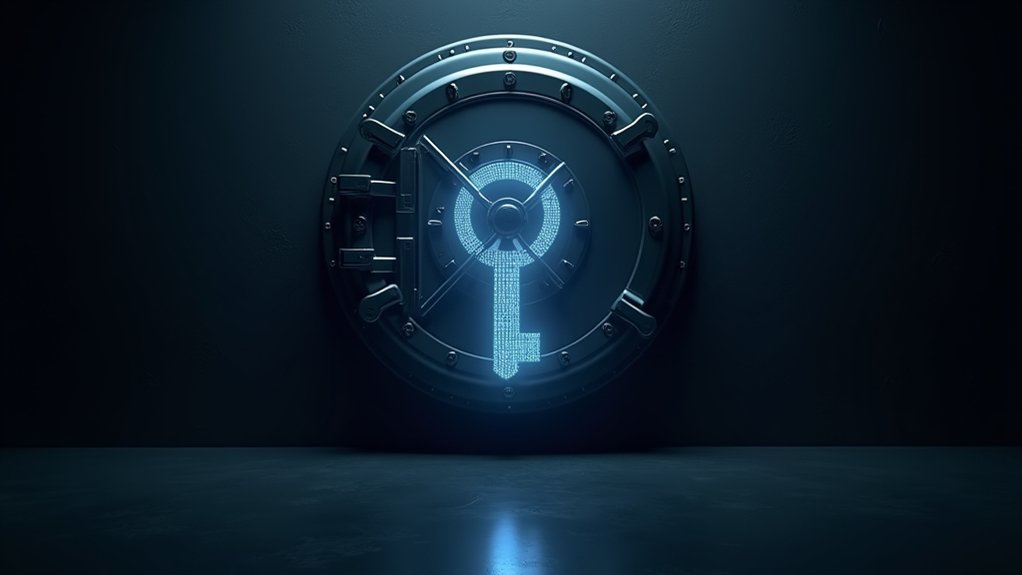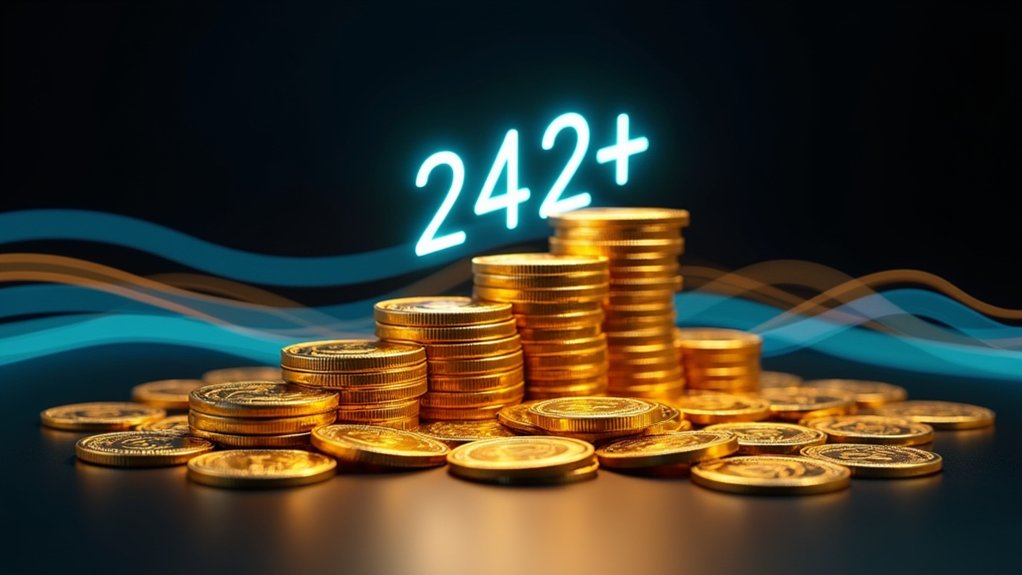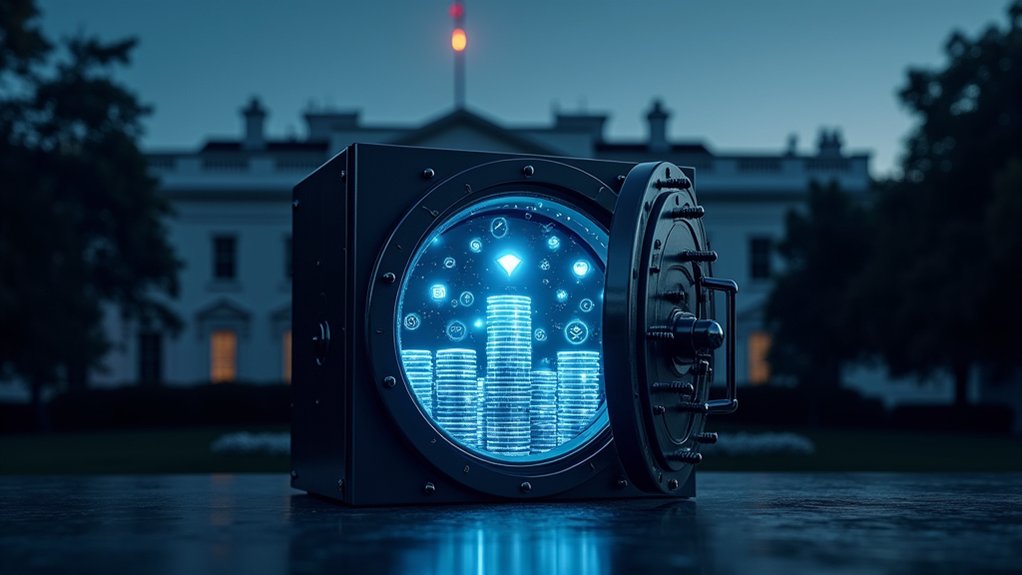In an era where digital assets increasingly eclipse traditional wealth, the persistent ignorance surrounding crypto platform security after death reveals a glaring negligence that courts, heirs, and even the deceased themselves stubbornly perpetuate; despite cryptocurrency’s unequivocal status as personal property, the labyrinthine legal and technical hurdles erected by absent wills, inaccessible private keys, and rigid exchange protocols assure that without proactive, well-documented estate planning, these volatile fortunes are condemned to permanent oblivion, exposing a brutal truth: in the cryptosphere, death is less a cessation of ownership than a ruthless gatekeeper of irreversible loss. Estate planning, often relegated to dusty legal tomes, must now confront the digital inheritance beast head-on, demanding explicit inclusion of crypto assets in wills or trusts to prevent heirs from stumbling blindly in the dark. This includes securely documenting private keys and seed phrases to ensure proper inheritance. Blockchain’s decentralized structure eliminates intermediaries via consensus mechanisms, which complicates third-party access after death. The brutal reality is that intestacy laws, archaic and ill-equipped for the digital age, allocate crypto holdings based on bloodlines or spousal claims, yet these laws falter dramatically when private keys—the sine qua non for access—remain undisclosed or lost, rendering the assets as inaccessible as buried treasure with no map. Fiduciaries face significant challenges because most states have adopted the Uniform Fiduciary Access to Digital Assets Act, but its provisions are narrowly applied, limiting legal remedies to obtain private keys or passwords necessary for access.
The cold mechanics of digital inheritance hinge on the possession of cryptographic keys, a nuance lost on many who naively assume death certificates or probate proceedings suffice to *access* accounts. Exchanges, while providing legal pathways through letters testamentary or administration, erect bureaucratic fortresses that demand scrupulous documentation and timely action, lest accounts be frozen indefinitely. This is no mere inconvenience; it is a clarion call for rigorous estate planning protocols and secure, fail-safe methods of transferring access credentials. Failure to heed this summons does not just inconvenience heirs—it obliterates wealth, consigning fortunes to a digital purgatory from which there is no resurrection. Binance’s CZ’s insistence that every platform secure assets after death is not just a recommendation; it is a damning indictment of the crypto community’s collective complacency, a demand for accountability in a *domain* where the ultimate loss is not death itself, but the cruel erasure of legacy.









